And they inclos’d my infinite brain into a narrow circle,
And sunk my heart into the Abyss, a red round globe hot burning
Till all from life I was obliterated and erased.
Blake, Visions of the Daughters of Albion (Plate 2, Erdman 47)
Down sunk with fright a red hot globe, round, burning, deep,
Deep down into the abyss, panting, conglobing, trembling;
And a second age passed over, and a state of dismal woe
Blake, The Book of Urizen (Plate 11, Erdman 75)
Thanks to Noel Chevalier for spotting the original misattribution of Blake’s quote (see comments below).
 Johnny Flynn, of the Irish Independent Left, has conducted an excellent interview with the historian Peter Linebaugh, discussing his new book, Red Round Globe, Hot, Burning: A Tale at the Crossroads of Commons and Closure, of Love and Terror, of Race and Class, and of Kate and Ned Despard, an analysis of the developing process of enclosure and exploitation during a critical era of the development of capitalism in the Atlantic world.
Johnny Flynn, of the Irish Independent Left, has conducted an excellent interview with the historian Peter Linebaugh, discussing his new book, Red Round Globe, Hot, Burning: A Tale at the Crossroads of Commons and Closure, of Love and Terror, of Race and Class, and of Kate and Ned Despard, an analysis of the developing process of enclosure and exploitation during a critical era of the development of capitalism in the Atlantic world.
Linebaugh has written a series of historical works, focussed around issues of the commons and capitalism, all of which bear heavily on contemporary politics. His works consistently channel the voice and experience of the working classes, and track the brutality of emerging capitalism, and the resourcefulness and heroism of those who resisted it.
In this case, not only does he take the title of his book from Blake’s Visions of the Daughters of Albion, but in the book and interview itself he touches on the continued significance of Blake’s for radical politics.
The dominant religion of white supremacy was this dualistic view of the devil versus Yahweh or a king of the universe
I said four things. Let’s see: Anthropocene; the republics; white supremacy; modes of production. I’m sure I’m missing a few other fundamental pillars that had their foundations knit together in the 1790s… Robert Johnson, the blues man from the Mississippi Delta, who was said to have made a pact with the devil at the crossroads where he was granted genius at the guitar and in music at the price of his soul. And far be it from me to do a sociology of the blues but it is one of the cultural expressions from Turtle Island that arose out of the plantation and against white supremacy.
The dominant religion of white supremacy was this dualistic view of the devil versus Yahweh or a king of the universe, and Robert Johnson defied it in his music. And I see a direct relationship between that and William Blake. William Blake’s Visions of the Daughters of Albion is a beautiful meditation against white supremacy, against political domination, against the love of the body, against Eros, against the alienation of labour. It’s a great poem inspired by the Haitian revolt of 1791.”
“I think the USA and the UK are definitely hanging on, gasping for life towards the end of their sell-by date. They’re no longer political organizations that can solve the problems that are facing us, beginning with the effects of the Anthropocene or planetary warming. Their answer, at least, has been to intensify class inequalities and to intensify white supremacy and they’re totally at a loss about what to do against very vibrant forces from the assemblies of the Occupy era from 2011, to the attempts at, quote, ‘socialist constitutions’ in Latin America, against the George Floyd uprising of this last summer. They’re not able to meet these challenges.”


































The lines quoted at the head of the article are from The Book of Urizen. The Visions lines that contain the phrase are:
“They told me that I had five senses to inclose me up.
And they inclos’d my infinite brain into a narrow circle,
And sunk my heart into the Abyss, a red round globe hot burning
Till all from life I was obliterated and erased.” (Plate 2, Erdman 47)
Thanks. I’ve corrected the misattribution.